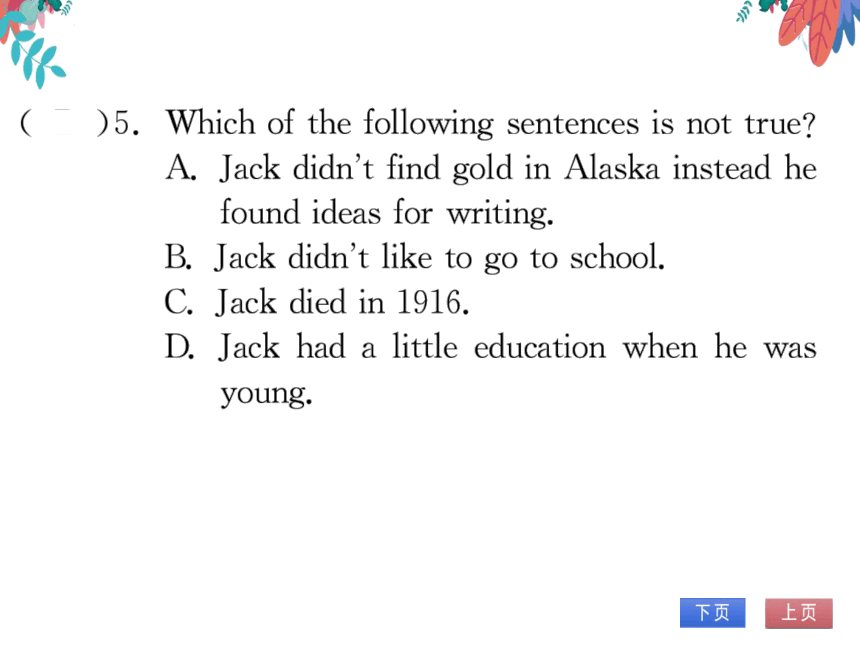Exploring the Variations in "Peter Grill and the Philosopher's Time: The Great Philosopher Version Difference"
Guide or Summary:IntroductionUnderstanding the Original ConceptPhilosophical Themes ExploredCharacter Development and Philosophical InfluenceAdaptations and……
Guide or Summary:
- Introduction
- Understanding the Original Concept
- Philosophical Themes Explored
- Character Development and Philosophical Influence
- Adaptations and Their Impact
### Translation of the Title:
"Peter Grill and the Philosopher's Time: Great Philosopher Version Difference"

---
Introduction
"Peter Grill and the Philosopher's Time" is a unique anime series that has garnered attention for its blend of comedy, fantasy, and philosophical themes. The "Great Philosopher Version Difference" refers to the various interpretations and adaptations of the original work, showcasing how different philosophical perspectives can alter the narrative and character development. In this exploration, we will delve into the nuances that arise from these differences, providing insights into how they affect the overall experience of the series.
Understanding the Original Concept
The original premise of "Peter Grill and the Philosopher's Time" revolves around Peter Grill, a young man who becomes the strongest warrior in the world. His newfound fame, however, comes with unexpected consequences, as various female characters, including orcs and elves, pursue him for their own agendas. The philosophical undertones of the series challenge traditional notions of morality, desire, and duty, making it not just a comedic escapade but also a thoughtful commentary on human relationships.

Philosophical Themes Explored
The "Great Philosopher Version Difference" highlights how different philosophical schools of thought can influence the interpretation of Peter's journey. For instance, a utilitarian perspective might focus on the consequences of Peter's choices, analyzing how his decisions impact those around him. In contrast, a Kantian approach would emphasize the moral duties that Peter has towards others, questioning whether he is acting in accordance with universal moral laws.
Character Development and Philosophical Influence
One of the most significant aspects of the "Great Philosopher Version Difference" is how it affects character development. In some versions, characters are portrayed with more depth, reflecting a more nuanced understanding of their motivations and desires. For example, the female characters pursuing Peter may be seen not merely as comedic foils but as representations of various philosophical ideals, such as existentialism or hedonism. This adds layers to their interactions with Peter and challenges viewers to consider the complexities of their relationships.
Adaptations and Their Impact
Different adaptations of "Peter Grill and the Philosopher's Time" have emerged, each with its own take on the original story. Some adaptations may choose to focus more on the comedic elements, while others might delve deeper into the philosophical implications of the narrative. This variation illustrates how the "Great Philosopher Version Difference" can lead to diverse interpretations, appealing to a broader audience and inviting discussions on the philosophical themes presented.

In conclusion, the "Peter Grill and the Philosopher's Time: Great Philosopher Version Difference" serves as a fascinating case study in how philosophical perspectives can shape narratives and character arcs. By examining the different interpretations of the series, we gain a deeper appreciation for the complexities of human relationships and the moral dilemmas faced by individuals. This exploration not only enriches our understanding of the anime but also encourages viewers to engage with the philosophical questions it raises, making it a thought-provoking experience for all.